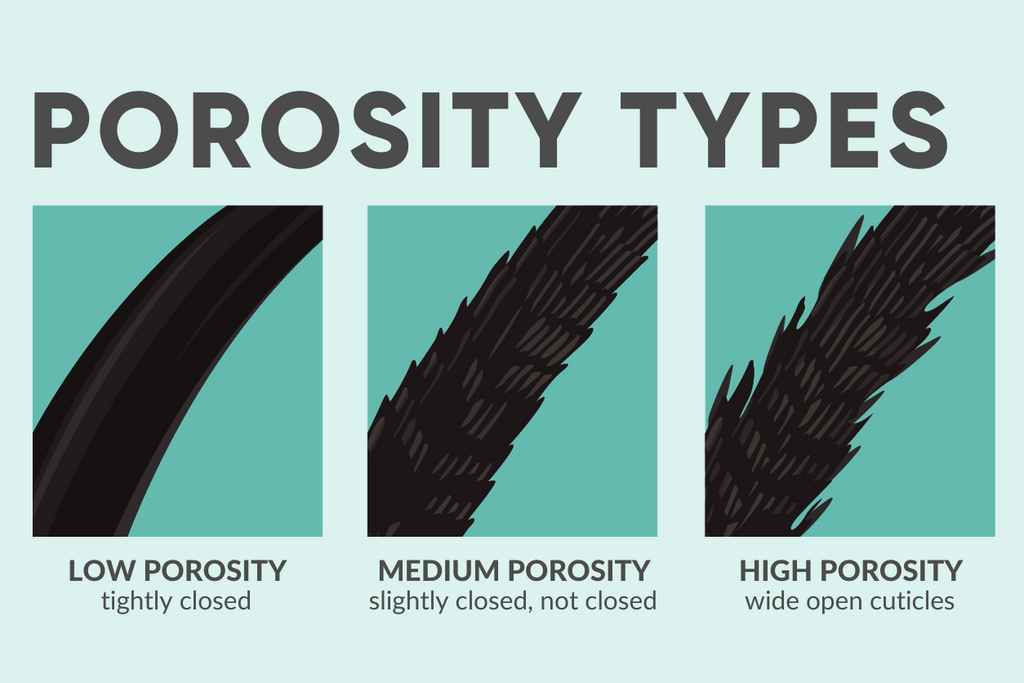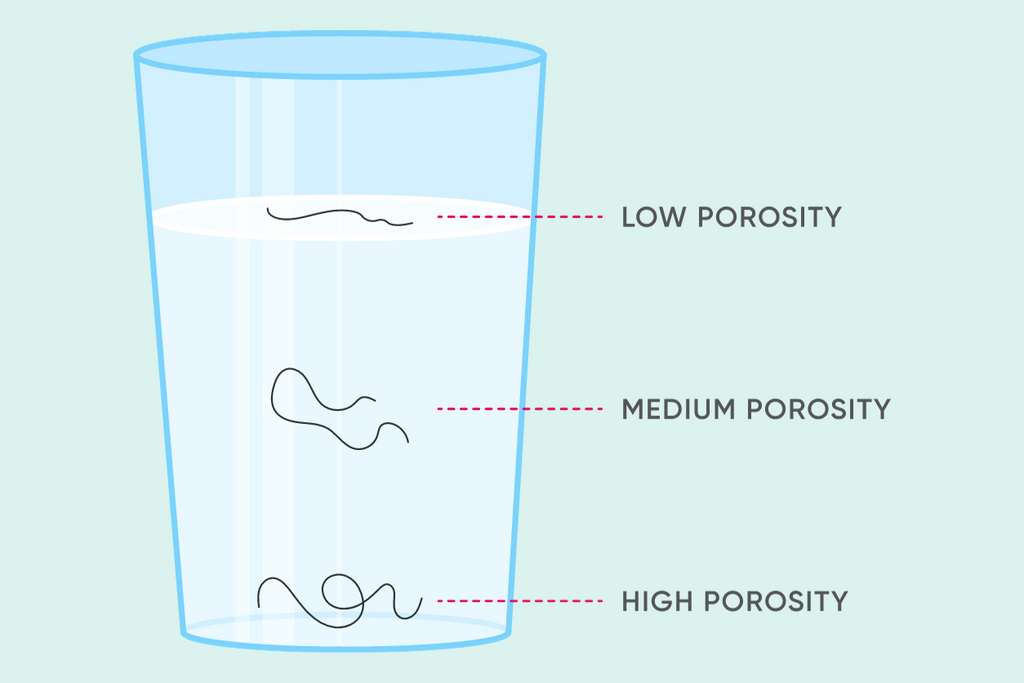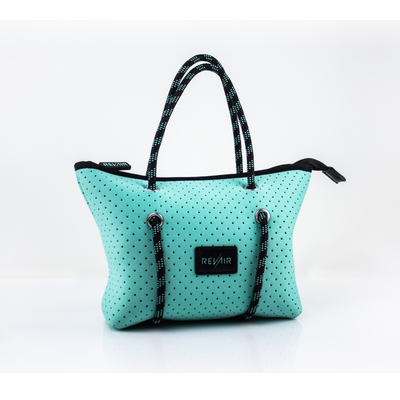
Understanding Hair Porosity: A Comprehensive Guide

Have you ever wondered why some hair products work wonders for one person but seem ineffective for another? The answer may lie in your hair's porosity. Understanding hair porosity is a fundamental aspect of maintaining healthy, beautiful locks. In this blog post, we'll delve into the concept of hair porosity, explore how to determine your own porosity level, and provide some general tips to get you started on your hair care journey. In the following blogs, we will dive deeper into high porosity and low porosity hair and offer specific recommendations.
What Is Hair Porosity?
Hair porosity refers to your hair's ability to absorb and retain moisture and product. It depends on the condition of the outermost layer of your hair, called the cuticle. The cuticle is made up of overlapping scales that can open and close. Understanding your hair's porosity helps you choose the right products and routines to maintain its health and appearance.

How to Test Your Hair Porosity
Determining your hair's porosity is a straightforward process. Here's a simple test you can perform at home:
The Float Test: Take a few strands of clean, dry hair and place them in a bowl of water. Observe how your hair behaves:

- High Porosity: If your hair sinks quickly, it likely has high porosity, meaning the cuticle is lifted and allows too much moisture to escape.
- Normal Porosity: If your hair sinks slowly, it's likely of normal porosity, meaning it can retain moisture effectively.
- Low Porosity: If your hair floats on the water's surface, it's likely low porosity, indicating a tightly closed cuticle that doesn't readily allow moisture in.
Tips for High Porosity Hair
High porosity hair often needs extra care to retain moisture. Here are some tips:
- Deep Conditioning: Regular deep conditioning treatments can help lock in moisture.
- Leave-In Conditioners: Use leave-in conditioners to provide ongoing hydration and nourishment - our Extreme Hydration leave-in is designed for curly/coily hair and has tons of hair-healthy ingredients.
- Seal with Oils: Apply oils like argan oil or jojoba oil to seal moisture into your hair. RevAir recently launched our own oil, containing vitamins, coconut, olive and jojoba oils.
- RevAir Extreme Hydration: Consider products from the RevAir Extreme Hydration line, designed to provide intense moisture to your high porosity hair.
Tips for Low Porosity Hair
Low porosity hair requires methods to open the cuticle and allow moisture in. Here are some tips:
- Warm Water: Use warm water when washing your hair to open the cuticle.
- Clarifying Shampoo: Occasionally use a clarifying shampoo to remove product buildup, or opt for a hydrating 2-step cleansing process using our Detox Rinse and Cleansing Oil Shampoo to get your hair squeaky clean without feeling stripped.
- Light Products: Opt for lightweight, water-based hair products.
General Tips for All Porosities
No matter your hair's porosity level, there are some universal tips for maintaining healthy hair:
- Balanced Diet: A nutritious diet rich in vitamins and minerals promotes hair health.
- Regular Trims: Trim your hair every 6-8 weeks to remove split ends and maintain shape.
- Gentle Handling: Avoid excessive heat and manipulation, which can damage the cuticle.
- Protective Styling: Use protective styles like braids or twists to minimize breakage.
Understanding hair porosity is the first step to achieving your hair care goals. Whether you have high, normal, or low porosity hair, tailored care and the right products can help you achieve the beautiful, healthy hair you desire. In our upcoming blogs, we will provide in-depth guidance for high and low porosity hair, including specific recommendations from the RevAir Extreme Hydration line. Stay tuned for more detailed insights into nurturing your unique hair type!
















